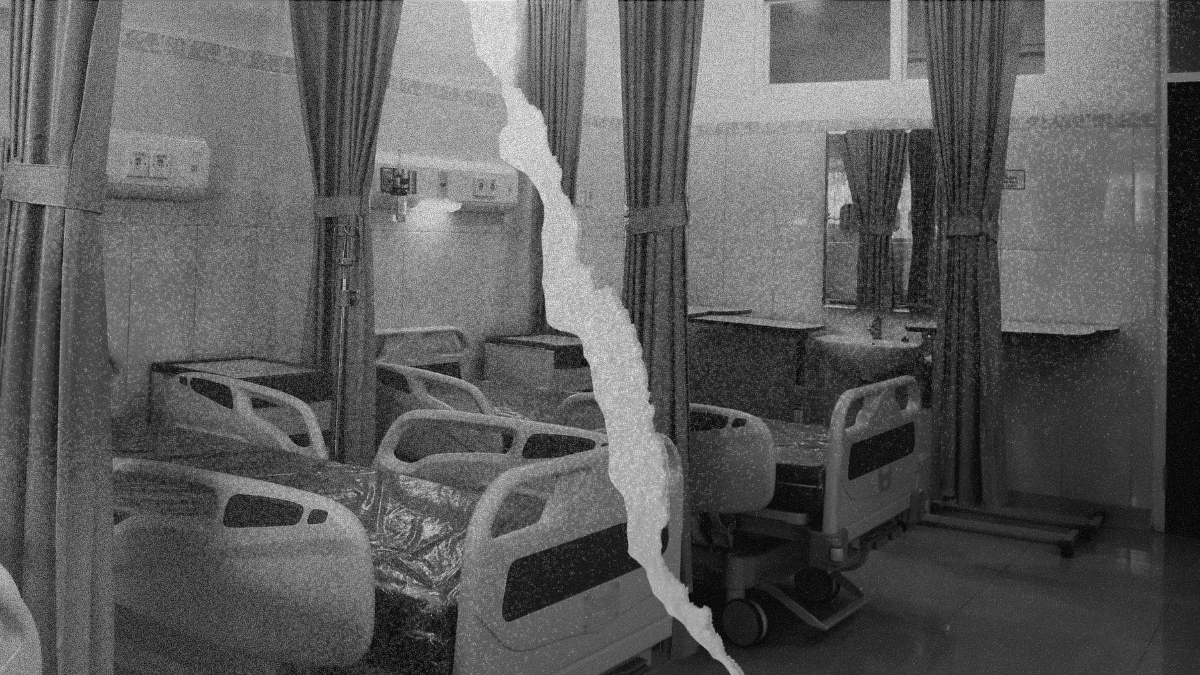Un nuevo análisis de la Universidad de Carolina del Norte en Chapel Hill (UNC) revela que más de 300 hospitales rurales en Estados Unidos podrían cerrar si se aprueba la ley propuesta conocida como “One Big Beautiful Bill Act”, que incluye recortes significativos a los programas de Medicaid y Medicare.
La investigación, realizada a solicitud de senadores demócratas, identificó a 338 hospitales rurales en riesgo, basándose en dos criterios financieros clave: estar entre el 10% de hospitales rurales con mayor dependencia del pago por Medicaid y haber registrado márgenes financieros negativos durante tres años consecutivos.
En Carolina del Norte, cinco hospitales están en la lista, entre ellos Person Memorial en Roxboro y UNC Health Chatham en Siler City. Representantes de estos hospitales han señalado que su inclusión en el informe no refleja adecuadamente su situación financiera actual, dado que forman parte de sistemas hospitalarios más grandes que les proporcionan estabilidad y recursos para seguir operando.
El informe también destaca que los hospitales rurales podrían evitar el cierre total al obtener la designación de Hospital de Emergencia Rural (Rural Emergency Hospital, REH), una categoría establecida por el Congreso en 2020. Esta figura permite que las instituciones mantengan servicios de emergencia y atención hospitalaria limitada sin funcionar como hospitales convencionales.
Hasta la fecha, más de 30 hospitales a nivel nacional han adoptado esta modalidad, de acuerdo con datos de UNC. Sin embargo, en Carolina del Norte aún no existe ningún hospital con la designación REH.
Las consecuencias de los recortes propuestos podrían ser particularmente graves para comunidades rurales, donde Medicaid actúa como una red de seguridad fundamental para pacientes vulnerables, incluidos niños, mujeres embarazadas, adultos mayores y personas con discapacidades. Aunque los hospitales que pertenecen a grandes redes de salud están mejor protegidos, muchos centros rurales independientes podrían no sobrevivir sin continuar el apoyo federal.





